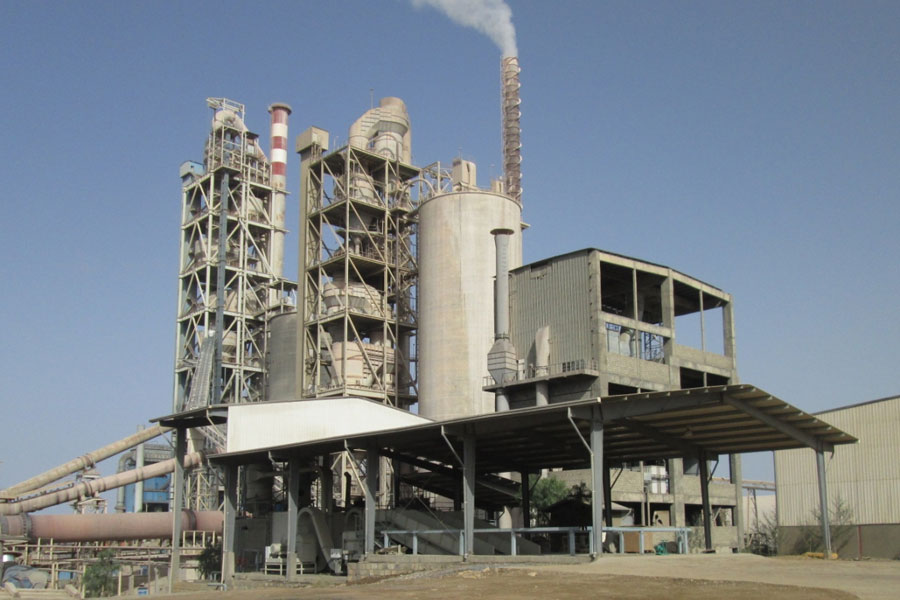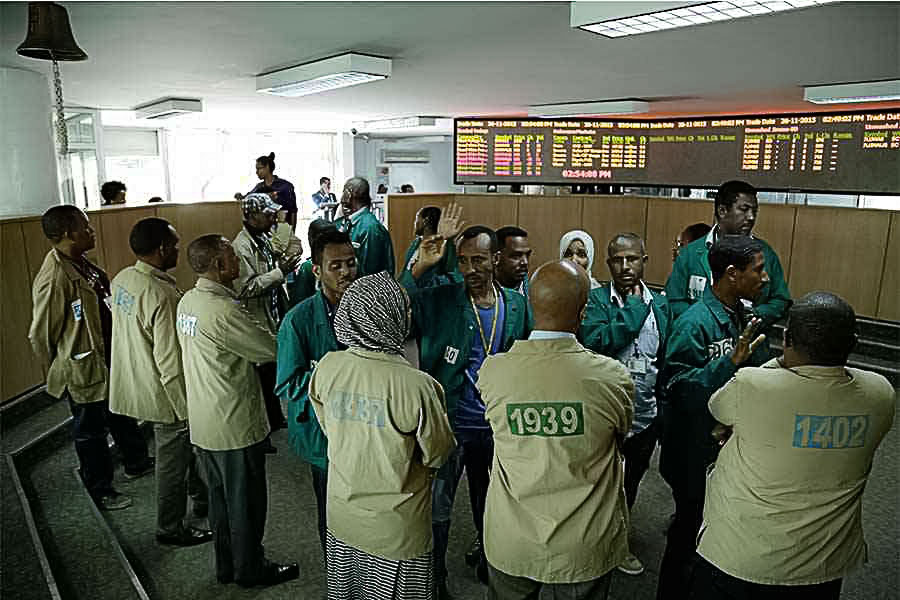
Aug 15 , 2022
Agricultural authorities have backpedalled on a decision to raise the minimum price threshold for horticultural products exported to Djibouti nearly fivefold.
It is the second trade policy reversal federal officials made last month. Trade Minister Gebremeskel Chala had also rescinded an earlier decision to double the minimum price threshold for khat exported to Somalia.
Sofia Kassa (PhD), a state minister for Agriculture, instructed the threshold for fruits and vegetable exports to the neighbouring country to return to its previous level of 0.22 dollars a kilo. Her decision came after Djiboutian authorities lodged complaints.
Djibouti is a major export destination for Ethiopia’s fruits and vegetables, accounting for over 70pc shipments. Close to 210,000tn of the horticultural products were sold last year, generating 87 million dollars. Tomato, strawberry, and cabbage are the top commodities.
The earnings constitute less than three percent of revenues generated from the export of agricultural commodities, which accounted for nearly three-quarters of 4.1billion dollars last year. Although revenues from the export of fruits and vegetables jumped by 43pc compared to the previous year, officials say the market is plagued with illicit practices such as over-invoicing.
Anticipating an increase in earnings, the authorities raised the minimum price threshold to close to a dollar last January. The decision came a month after a delegation comprising dozens of exporters led by Tewodros Zewdie, head of the Ethiopian Horticulture Producer Exporters Association (EHPEA), visited Djibouti to forge deals and boost export volumes.
Setting prices unilaterally without consulting buyers and exporters goes against international trade norms, argues Michael T. Sinshaw, international commerce expert and researcher.
“A price set through this approach doesn’t usually reflect the true price of the commodities buyers and sellers would agree on,” he said.
The expert advises the government to ease draconian price control measures, which are at odds with the free flow of goods and services.
Eshetu Abraham, a horticultural expert at the Ministry of Agriculture, says the decision to raise prices came after a study conducted in Dire Dawa to assess market and price trends. However, exporters argue raising prices puts more pressure on supply chains, which were already experiencing high price volatility due to the perishable nature of the products.
Based in Dire Dawa, S&D Plc has been selling fruits and vegetables to buyers in Djibouti for the last 10 years. Abdurahman Hassen, the general manager, believes more foreign currency could have been generated if the price threshold had not been increased. His company would export up to 20tn a week.
“We stopped shipping for two months after the price increase,” said Abdurahman. “Businesses [in Djibouti] stopped placing orders.”
There are over 200 registered fruit and vegetable exporters, a quarter of which operate their own farms. These farms produce a wide variety of fruits and vegetables, including bananas, mangos, onions and tomatoes.
Incorporated 13 years ago, Jittu Horticulture Plc primarily grows tomatoes and strawberries on 107hct plots in Bishoftu, Hawassa and Holeta. Last year, Jittu exported 90tn of produce, mainly to Middle Eastern markets, earning close to 600,000 dollars. A kilo of fruits and vegetables it shipped abroad brought 1.4 dollars, much higher than what exporters earn from Djiboutian buyers.
Michael Ketema, head of marketing, saw high demand for fruits and vegetables from buyers in the Middle East and Europe.
The disparity is down to the quality of produce shipped. Fruits and vegetables exported to neighbouring countries such as Djibouti, Somalia and Sudan are non-graded. High-value, graded and pre-packed fruits and vegetables such as strawberries are exported mainly to markets in Europe and the Middle East. A recent addition to the horticultural export portfolio, avocado is pegged to become a major export commodity due to growing demand in the European market. Last year, exporters brought nearly a million dollars from 3,000tn of avocado sold to buyers overseas. The revenue represents 800pc more than earnings from four years ago.
Despite the recent progress, exporters say the value chain is challenged by poor quality and inconsistent supply.
Like most other crops in Ethiopia, smallholder farmers most of the fruits and vegetables. Close to 14 million of them are in horticultural farming.
A survey by the Ethiopian Statistics Service discovered that fruits and vegetable production has more than doubled in the last decade, registering at 2.3 million tonnes last year. A significant expansion in the area covered by the produce, rather than adapting technology and using improved seeds, drives this growth. A little over 400,000hct are used to grow fruits and vegetables, more than double the size from 10 years ago.
Nonetheless, the productivity of vegetables like tomatoes has declined by half over this decade, reaching 65qtl a hectare last year.
Michael observed that, compared to most other crops, growing vegetables and fruits requires high investment capital, making the work expensive for smallholder farmers.
Jittu Horticulture operates with 261 million Br in capital.
PUBLISHED ON
Aug 15,2022 [ VOL
23 , NO
1163]

My Opinion | Jun 21,2025

Fortune News | Feb 03,2024

Radar | Sep 14,2024

Commentaries | Sep 08,2024

Fortune News | May 11,2024

Radar | Oct 09,2021

Fortune News | Sep 03,2022

Fortune News | Oct 22,2022

View From Arada | Sep 08,2024

Fortune News | May 23,2021

Dec 22 , 2024 . By TIZITA SHEWAFERAW
Charged with transforming colossal state-owned enterprises into modern and competitiv...

Aug 18 , 2024 . By AKSAH ITALO
Although predictable Yonas Zerihun's job in the ride-hailing service is not immune to...

Jul 28 , 2024 . By TIZITA SHEWAFERAW
Unhabitual, perhaps too many, Samuel Gebreyohannes, 38, used to occasionally enjoy a couple of beers at breakfast. However, he recently swit...

Jul 13 , 2024 . By AKSAH ITALO
Investors who rely on tractors, trucks, and field vehicles for commuting, transporting commodities, and f...

Jun 28 , 2025
Meseret Damtie, the assertive auditor general, has never been shy about naming names...

Jun 21 , 2025
A well-worn adage says, “Budget is not destiny, but it is direction.” Examining t...

Jun 14 , 2025
Yet again, the Horn of Africa is bracing for trouble. A region already frayed by wars...

Jun 7 , 2025
Few promises shine brighter in Addis Abeba than the pledge of a roof for every family...